In this month’s round-up of new and noteworthy titles from around the world, our editors dive in to a lyrical, transcendent, and multidisciplinary collection from the founder of neoconcretismo, Hélio Oiticica, and a sensuous, genre-bending queer love story of from José Luis Serrano. Read on to find out more!
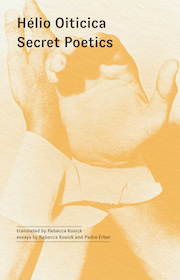
Secret Poetics by Hélio Oiticica, translated from the Portuguese by Rebecca Kosick, Winter Editions/Soberscove Press, 2023
Review by Sofija Popovska, Editor-at-Large for North Macedonia
How can we eternalize the moment without petrifying it? How can words convey its temporal unfolding while retaining the anatomy of that process, a duration that has no discernible borders? A possible answer can be found in Hélio Oiticica’s Secret Poetics, translated from the Portuguese by Rebecca Kosick. In this collection, the reader is invited to experience a gallery of the ephemeral: the motion of a plunge into water; the cold, vexing, soon-to-be-over wait for the arrival of a lover; the tidal separations and interlacings of limbs and lips in an amorous embrace… Like a gifted translator, Oiticica recasts the transient into another medium—words and silences—while remaining true to that fleeting essence: to, in his own words, “immediacy that becomes eternal in lyrical poetic expression”.
In the preface, where she thoroughly examines the correspondences between Oiticica’s poetry and his visual work, Kosick reveals that his output has been termed “unclassifiable”. Its hybridity goes deeper than the blurring of genre distinctions (Oiticica’s practice “included painting, sculpture, installation, performance, filmmaking, and writing”), and this artistic output itself constitutes moments of coalescence and transformation. While his earlier pieces, a series of paintings, contained “a suggestion of movement, even dance,” Kosick notes that his “later artworks would literalize this proposition”. In 1959, Oiticica and a group of his contemporaries launched the “neoconcrete” movement, creating three-dimensional art installations designed to be interacted with by the audience. Composed of objects that could be rotated, worn, opened, and reached into, these installations “not only dissolved the distance between spectator and art object but collapsed the very binaries structuring the differentiation of subject and object”. Kosick explains that the experiences of the pieces redefined “the work of art as ‘a being’ whose meaning would ‘flourish’ via phenomenological encounter with its audience-participants”. READ MORE…

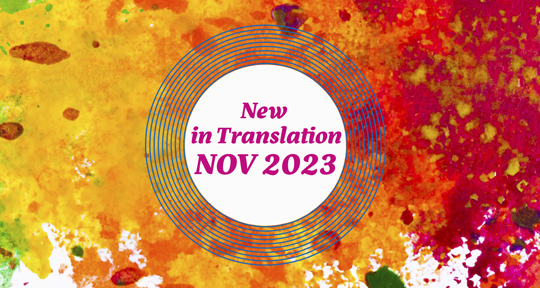

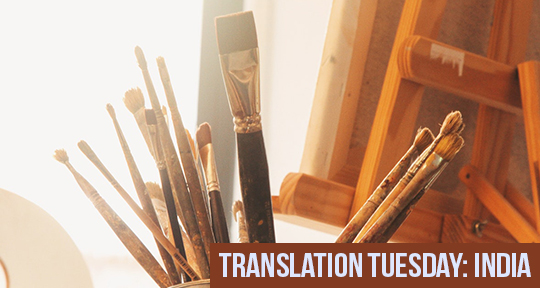
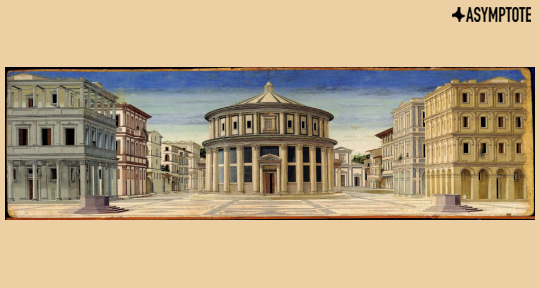
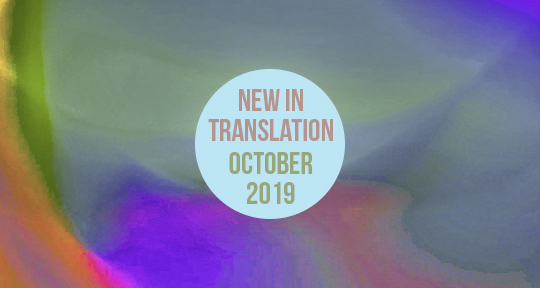

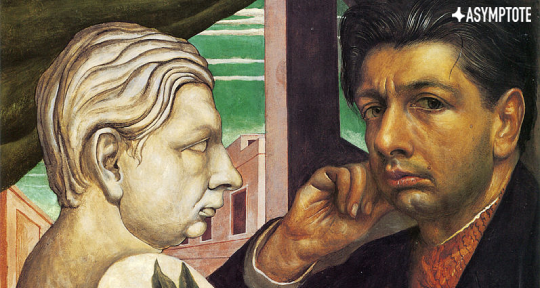
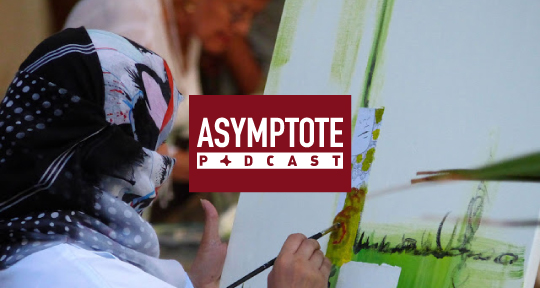
Blog Editors’ Highlights: Winter 2025
Reviewing the manifold interpretations and curiosities in our Winter 2025 issue.
In a new issue spanning thirty-two countries and twenty languages, the array of literary offers include textual experiments, ever-novel takes on the craft of translation, and profound works that relate to the present moment in both necessary and unexpected ways. Here, our blog editors point to the works that most moved them.
Introducing his translation of Franz Kafka’s The Trial in 2012, Breon Mitchell remarked that with every generation, there seems to be a need for a new translation of so-called classic works of literature. His iteration was radically adherent to the original manuscript of The Trial, which was diligently kept under lock and key until the mid-fifties; by then, it was discovered exactly to what extent Max Brod had rewritten and restructured the original looseleaf pages of Kafka’s original draft. It is clear from Mitchell’s note that he considers this edit, if not an offense to Kafka, an offense to the reader who has lost the opportunity to enact their own radical interpretation of the work: an interpretation that touched Mitchell so deeply, he then endeavored to recreate it for others.
In Asymptote’s Winter 2025 Issue, the (digital) pages are an array of surprising turns of phrase and intriguing structures—of literature that challenges what we believe to be literature, translations that challenge what we believe to be originality, and essays that challenge what we believe to be logic. I am always drawn to the latter: to criticism, and writing about writers. As such, this issue has been a treat.
With the hundredth anniversary of Kafka’s death just in the rearview and the hundredth anniversary of the publication of The Trial looming ever closer, the writer-turned-adjective has not escaped the interest of Asymptote contributors. Italian writer Giorgio Fontana, in Howard Curtis’s tight translation, holds a love for Kafka much like Breon Mitchell. In an excerpt from his book Kafka: A World of Truth, Fontana discusses how we, as readers, repossess the works of Kafka, molding them into something more simplistic or abstract than they are. In a convincing argument, he writes: “The defining characteristic of genius is . . . the possession of a secret that the poet has no ability to express.” READ MORE…
Contributors:- Bella Creel
, - Meghan Racklin
, - Xiao Yue Shan
; Languages: - French
, - German
, - Italian
, - Macedonian
, - Spanish
; Places: - Chile
, - France
, - Italy
, - Macedonia
, - Switzerland
, - Taiwan
, - Turkey
; Writers: - Agustín Fernández Mallo
, - Damion Searls
, - Elsa Gribinski
, - Giorgio Fontana
, - Lidija Dimkovska
, - Sedef Ecer
; Tags: - dystopian thinking
, - identity
, - interpretation
, - nationality
, - painting
, - political commentary
, - revolution
, - the Cypriot Question
, - the Macedonian Question
, - translation
, - visual art
, - Winter 2025 issue
, - world literature